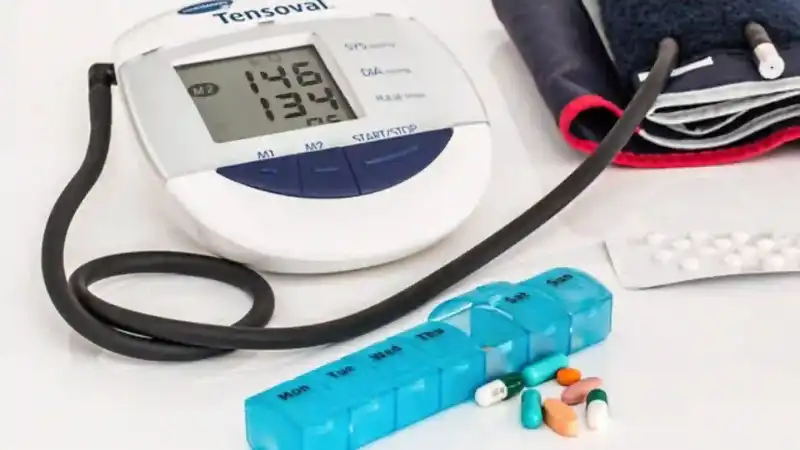High blood pressure, also known as hypertension, is a common health condition that affects millions of people worldwide. It is often referred to as a “silent killer” as it does not produce any symptoms until it reaches a critical stage. Hypertension can lead to serious health problems such as heart disease, stroke, and kidney disease, among others.
It is essential to identify the symptoms of high blood pressure to diagnose and treat it in time. In this article, we will discuss the 5 main symptoms of hypertension, their causes, and how to treat them.
Headaches
Headaches are a common symptom of high blood pressure, especially when it becomes severe. The increased pressure in the blood vessels can cause headaches and even migraines. Hypertension can cause headaches on the front, back, or both sides of the head. Moreover, it can be accompanied by other symptoms such as dizziness, nausea, and fatigue.
Chest pain
Chest pain can also be a symptom of high blood pressure, particularly if the increased pressure has damaged the blood vessels that supply blood to the heart. This type of chest pain is known as angina and can lead to a heart attack if left untreated. Chest pain is a serious symptom and requires immediate medical attention.
Dizziness and Lightheadedness
Dizziness and lightheadedness are symptoms that can be caused by high blood pressure. Most importantly, if the increased pressure affects the blood supply to the brain. These symptoms can also be accompanied by nausea, fainting, and fatigue.
Shortness of breath
Shortness of breath is another symptom of high blood pressure, especially if the increased pressure affects the blood supply to the lungs. This can make it difficult to breathe, especially during physical activity. Shortness of breath can also be accompanied by chest pain, fatigue, and fatigue.
Blurred vision
Blurred vision is a less common symptom of high blood pressure. However, it can occur when the increased pressure affects the blood vessels that supply blood to the eyes. This can cause temporary vision changes or permanent vision loss if left untreated. Blurred vision is a serious symptom and requires immediate medical attention.
Conclusion
In conclusion, high blood pressure can cause a variety of symptoms, including headaches, chest pain, dizziness and lightheadedness, shortness of breath, and blurred vision. It is essential to diagnose and treat hypertension in time to prevent serious health problems, such as heart disease, stroke, and kidney disease. If you experience any of these symptoms, it is important to seek medical attention immediately. A healthy lifestyle, including a balanced diet, regular exercise, and stress management, can help to reduce the risk of developing high blood pressure.
